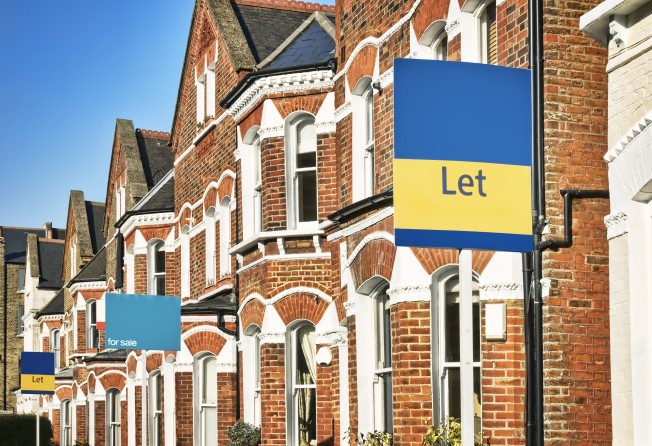Brexit: How influential is it on the UK property market?
Overseas property investors are keeping a close watch on Brexit negotiations, but any deal is expected to have limited impact on the residential markets

[Sponsored Article]
Brexit may be dominating headlines ahead of the UK's historic exit from the EU on March 29, but overseas property investors have no reason to be worried. Whatever the outcome of the Brexit negotiations, their impact on residential markets will be negligible at worst, with a strong likelihood of being very favorable to international buyers.
Foreign investors have largely been undeterred by the Brexit drama. According to figures from Jones Lang LaSalle (JLL), around half of all UK property acquisitions in 2018 were made by overseas investors, totaling £55 billion (HKD 558.7bn). In London, foreign buyers accounted for 79 percent of transactions. With certainty restored following Brexit, 2019 is expected to see even greater overseas property investment in the UK.
“Throughout 2017 and 2018, investment volumes surprised on the upside and the UK has maintained its resilience,” explains JLL's head of UK Capital Markets, Alistair Meadows. “Global investors tend to think long term and are not as preoccupied with Brexit.”
While the fluctuating British pound could have an impact in the short term, overseas property buyers are advised to look beyond Brexit to other factors that have more direct relevance on the markets, such as stamp duty hikes, government housing initiatives, shifting space requirements for offices and the impact of new technologies on construction.
London remains a global favorite
London is a residential powerhouse and overtook New York to become the world's largest commercial real estate market in 2017 and 2018. International investors view the UK capital as a safe haven with timeless appeal, a robust legal system and relative transparency. More recently, the depreciation of the pound due to Brexit uncertainty and major infrastructure projects such as London's Crossrail have made the city and the wider UK look even more attractive.
Overseas investment in the UK is especially strong from Hong Kong and mainland China. Some of the largest transactions last year were the £1.3 billion acquisition of 20 Fenchurch Street ('The Walkie-Talkie') by Lee Kum Kee and CC Land's £1.15 billion purchase of 122 Leaderhall Street ('The Cheesegrater').
“The capital coming in from Hong Kong is a combination of private family money that is seeking to diversify and invest outside the territory, and mainland Chinese money that has been channeled through Hong Kong,” JLL's Alistair Meadows explains. “And while some capital controls have been introduced that will likely moderate the flow of capital from mainland China, suggesting volumes may be lower going forwards, we believe this trend is set to continue.”
German investors have also shown consistent interest in London, with recent large-scale acquisitions by Deka Immobilien, Deutsche Asset Management and Union Investment, among others. Other major sources of global capital include GIC and Canadian pension funds.
What investors can expect
Brexit was the largest political shock to the United Kingdom in a generation, but the real estate markets weathered the effects better than expected. With three years of uncertainty coming to an end, investors can look forward to a more optimistic period of recovery across the residential markets, especially at the high end.
While a 'soft Brexit' will have a negligible impact in the long term, a 'hard Brexit' or 'no-deal Brexit' will lead to a slump in the pound that will attract overseas investors looking to snap up properties before prices rise. If UK wage growth continues to stagnate, this will lead to people renting for longer, which is good news for landlords, but will also mean a push for more affordable housing, which could limit new investment opportunities in the years ahead. The next general election in 2022 could also see new housing policies and tax adjustments that will impact on property.
Assuming that a Brexit deal is reached, as is likely, JLL forecasts that the UK economy will grow by 1.7 percent in 2019, up from 1.3 percent last year. Major areas of investment are expected to include prime assets in key locations, such as central London offices and residential areas around Crossrail stations, as well as sectors that offer sustainable value such as build-to-rent, retirement living and student housing.
For more information about investment opportunities in London and the UK, click here or contact JLL International Residential at +852 3759 0909 or [email protected].